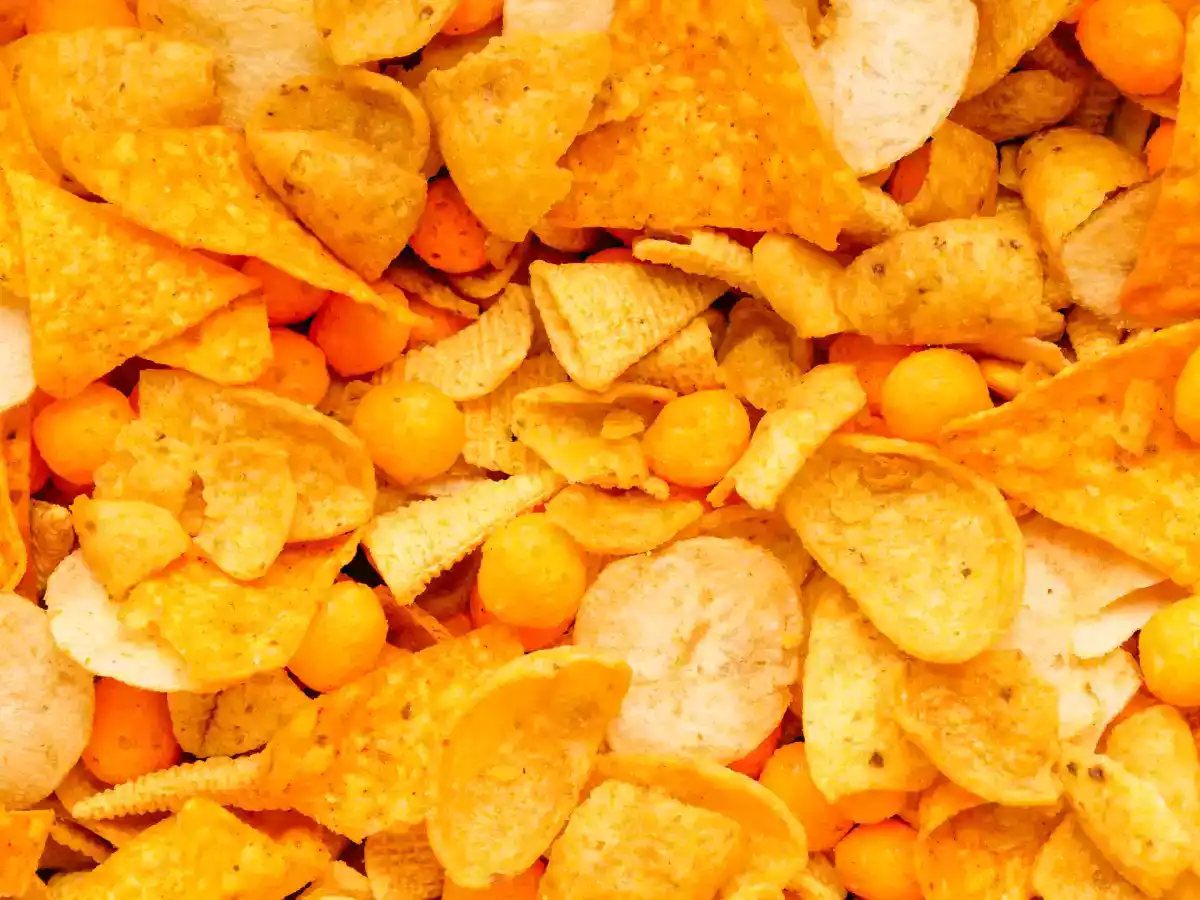Dangerous food additives: discover which ones can seriously affect your health and how to avoid them in your daily diet

Today, the food industry uses a large number of additives to improve the shelf life, taste, texture or appearance of products. However, there is much controversy about the health safety of some of these ingredients. Many of the preservatives added to foods are harmless, but others have been linked to serious diseases such as cancer, digestive problems and hormonal disorders. Food safety agencies, such as EFSA (European Food Safety Authority), regulate their use, but the debate over some compounds continues. In this article we explore the most harmful and damaging preservatives and additives for our health present, on many occasions, in our food. In this article we will list the most toxic additives and the harmful effects they could cause to our health.
E-249 (Potassium Nitrite) and E-250 (Sodium Nitrite)
These preservatives are used in processed meats such as sausages and frozen foods to prevent bacterial growth and improve product appearance. However, when these products are cooked at high temperatures, nitrites can form nitrosamines, compounds associated with an increased risk of esophageal, colorectal and gastric cancer. The World Health Organization (WHO) has warned about the excessive use of these additives, which has led some food regulations to limit their presence in products.
E-320 (Butylated hydroxyanisole - BHA)
This antioxidant is used to prevent fats from oxidation and rancidity. It is found in processed foods such as polvorones and prepared soups. The International Agency for Research on Cancer (IARC) has classified BHA as a possible carcinogen in humans, based on animal studies that have shown an increased risk of tumors. In addition, BHA acts as a hormone disruptor, affecting the endocrine system and metabolic functions.
E-407 (Carrageenan)
This thickener, derived from red algae, is used in dairy and processed products. Despite their natural origin, carrageenans have been linked to intestinal inflammation. Animal studies have suggested that they may increase the risk of gastrointestinal tumors.
E-211 (Sodium benzoate)
This preservative is found in soft drinks, sauces and ultra-processed foods. When combined with vitamin C, it can form benzene, a highly carcinogenic substance. It has also been linked to allergic reactions in people sensitive to salicylic acid and to hyperactivity symptoms in children.
E-102 (Tartrazine) and E-110 (Orange Yellow)
These artificial colorants, present in candies, desserts and beverages, can be hidden under the CI-19140 code. They have been associated with behavioral problems in children, such as hyperactivity, as well as allergic reactions (urticaria, asthma) in sensitive individuals. Animal studies have shown negative hepatic, renal and neurological effects after prolonged consumption. Although EFSA, the European Food Safety Authority, has reviewed its safety, some countries have chosen to ban its use because of these potential risks.
E-621 (Monosodium Glutamate - MSG)
This flavor enhancer, common in snack foods and processed foods, is safe for most people. However, some studies have linked its excessive consumption to headaches, nausea, symptoms that have come to be known as "Chinese restaurant syndrome". In addition, it has been suggested that MSG may affect the central nervous system and alter the feeling of satiety, which could lead to overconsumption and weight gain.
E-220 (Sulfur Dioxide)
Used as a preservative in dried fruits, wine products and juices, sulfur dioxide can cause allergic reactions and respiratory problems, especially in asthmatic individuals. Although in small doses it may be harmless, its consumption in excess or in sensitive individuals could lead to health complications.
In a nutshell
Consumption of these food additives may have adverse health effects, although many of the human studies are still under development. The concerns raised have led some countries to limit or ban their use. To reduce exposure to these additives, it is advisable to opt for fresh, seasonal and organic foods, to pay attention to the labels of the products we buy and to be properly informed about the ingredients contained in processed foods. In this way, we will be able to make well-informed decisions and choose the healthiest option.


Comments